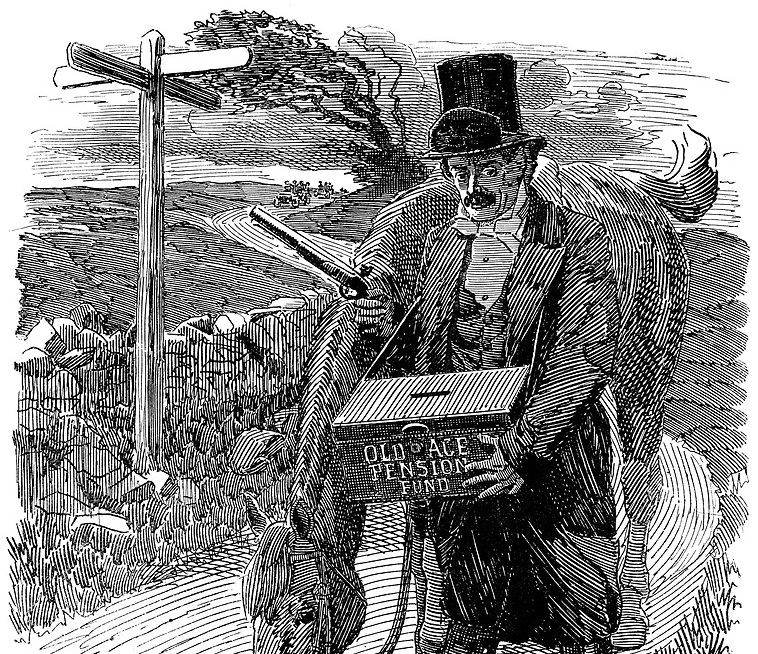
I’m writing this column as an open letter to my state’s US Senators (Republicans Marco Rubio and Rick Scott). I encourage you to write to yours as well, and if you like any of the language herein, feel free to “steal” it.
Dear Senators Rubio and Scott,
On December 4, the US House of Representatives passed, by a margin of 228 to 164, the Marijuana Opportunity Reinvestment and Expungement Act. If passed by the Senate and signed by the president, the MORE Act would remove marijuana from the federal “controlled substances” schedule. While the bill unfortunately includes provisions for regulation and taxation of the plant, it’s a move in the right direction.
The Washington Post reports that, to their and their party’s shame, all but five House Republicans voted against the bill, and that Republican leaders in the House and Senate mocked it as a distraction from other matters such as COVID-19 relief.
As former President Barack Obama liked to say, “let me be clear” on this issue:
While I’m personally never inclined to vote for Republicans or Democrats, in Florida those are usually my only two options in US Senate races. You have a chance to get my vote for re-election in 2022 (Senator Rubio) or 2024 (Senator Scott) .
In fact, if you sponsor a Senate version of the bill, work to bring it to a vote, cast your vote in favor of it, and lean hard on President Trump (or, depending on time frame, President Biden) to sign it, you’ve got a pretty GOOD shot at my vote.
If you assist Senate Majority Leader Mitch McConnell in keeping such a bill from coming to the floor for a vote, or if you vote against that bill when it comes before you, you’ve got NO shot at my vote. Not for US Senator, not for President, not even for dog-catcher.
It’s just that simple.
Thirty-six states now provide for medical access to marijuana, and 15 states have legalized recreational use. It’s time for the federal government to get with the program.
Marijuana is not and never has been a dangerous drug. It’s a medically and commercially useful plant, and as a recreational intoxicant it’s considerably less unhealthy and dangerous than alcohol or tobacco.
In fact, the most dangerous thing — practically the ONLY dangerous thing — about marijuana is the possibility of getting arrested over it.
Millions of Americans have, over the course of decades, found themselves entangled in the criminal justice system for using, possessing, growing, buying, or selling a common and beneficial plant.
That’s a moral crime, and politicians like you are chief among its perpetrators. Your participation in the ongoing conspiracy against rights known as marijuana prohibition ruins lives, destroys careers, and restrains commerce to the detriment of all Americans.
The Marijuana Opportunity Reinvestment and Expungement Act offers you a chance to give up the thug life on this one issue. Seize that opportunity with both hands — if not because it’s the right thing to do, then because your political futures depend on it.
Thomas L. Knapp (Twitter: @thomaslknapp) is director and senior news analyst at the William Lloyd Garrison Center for Libertarian Advocacy Journalism (thegarrisoncenter.org). He lives and works in north central Florida.
PUBLICATION/CITATION HISTORY

